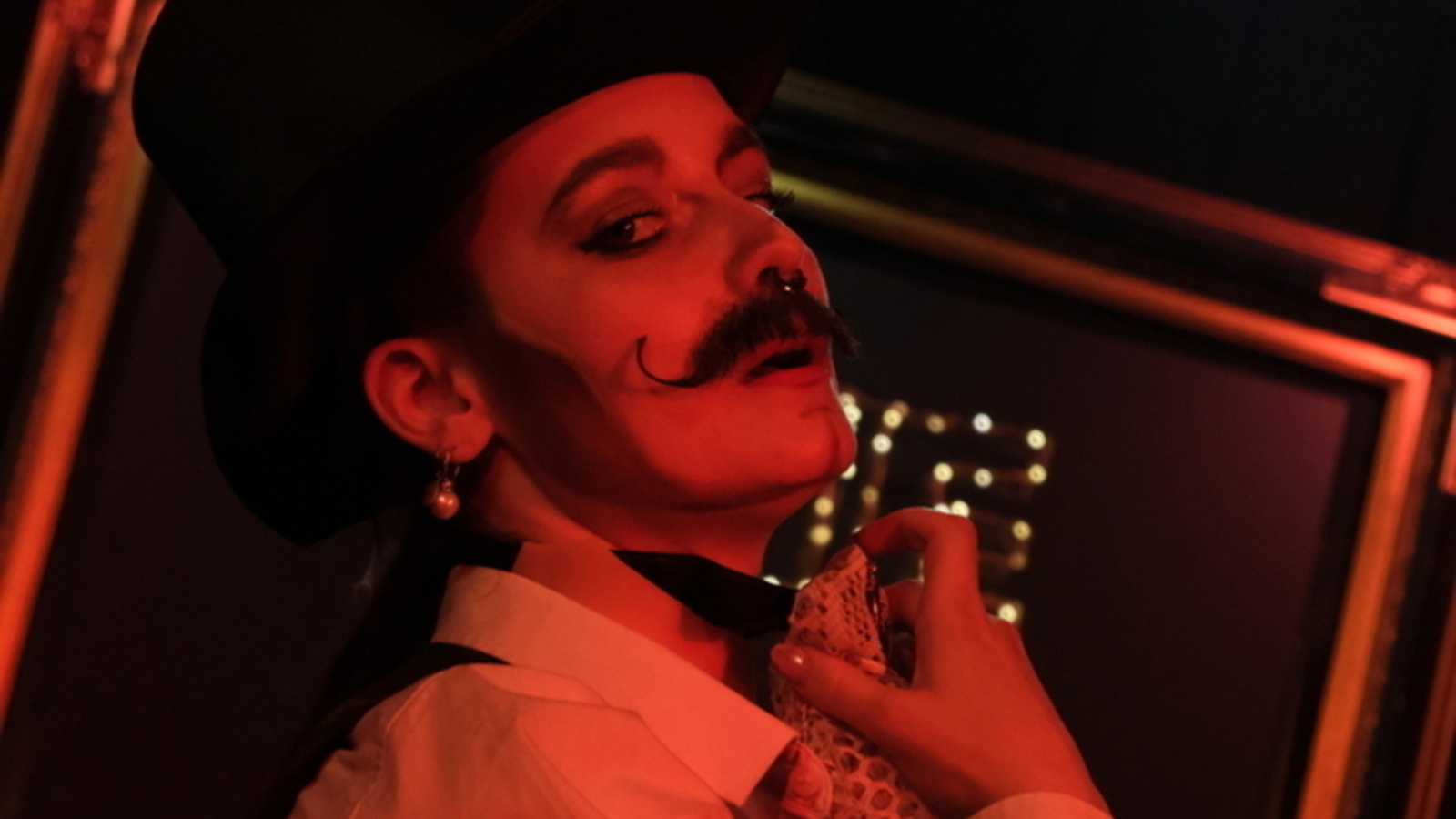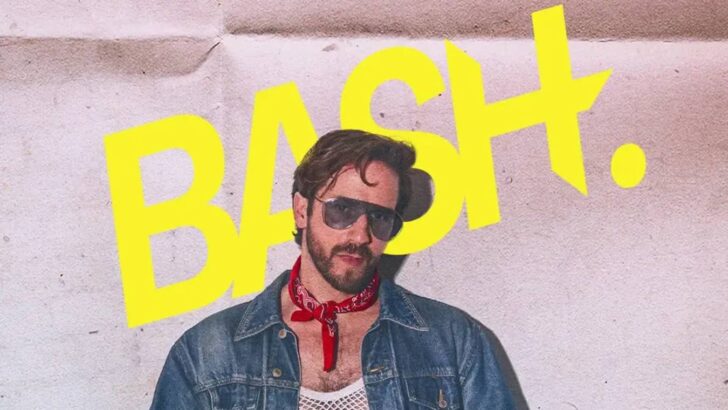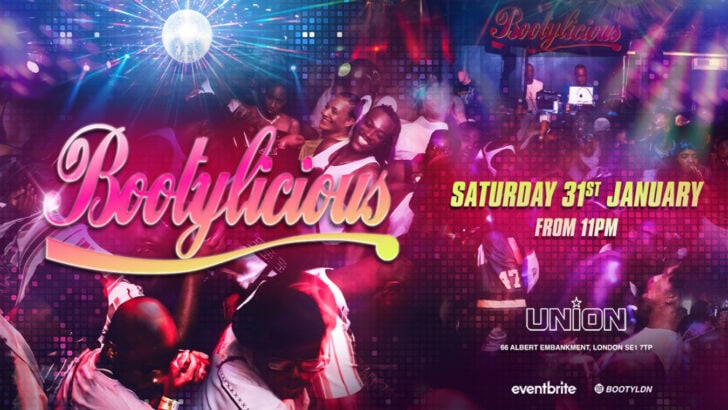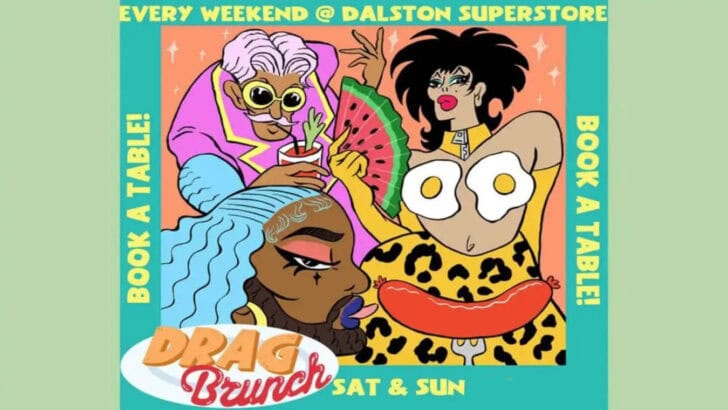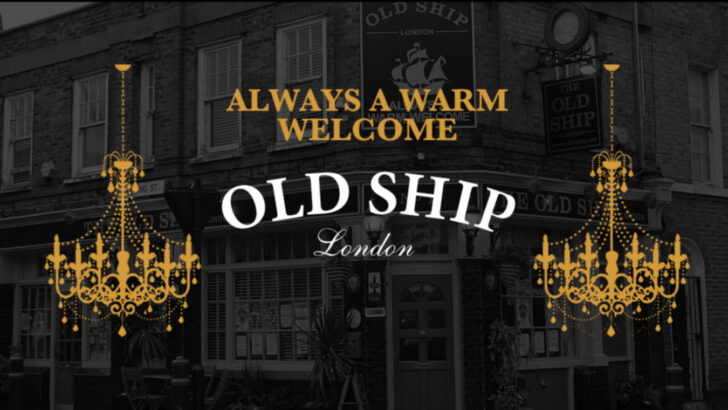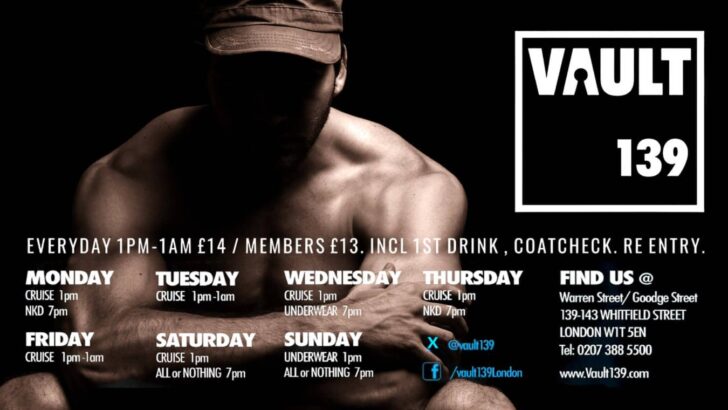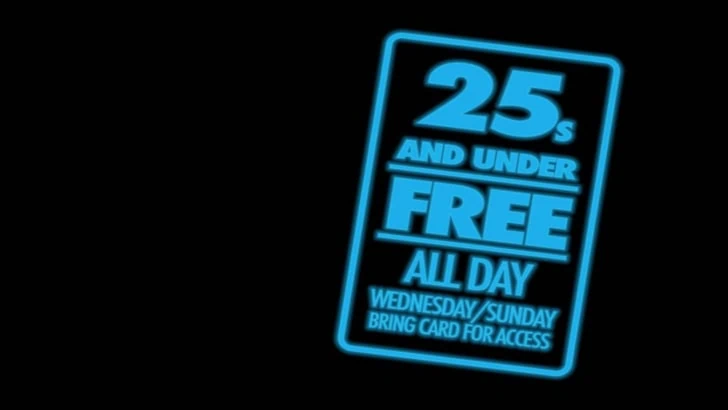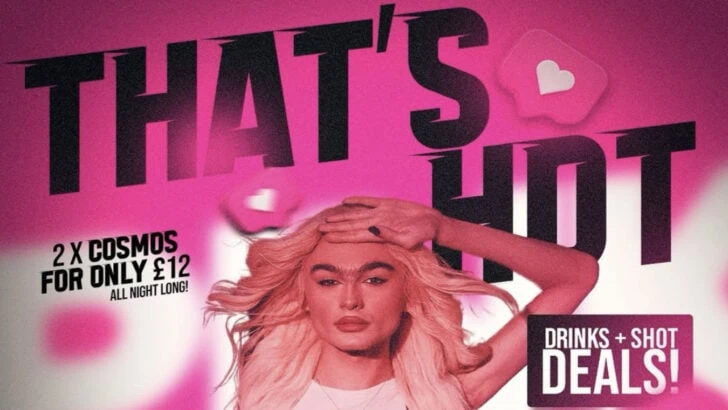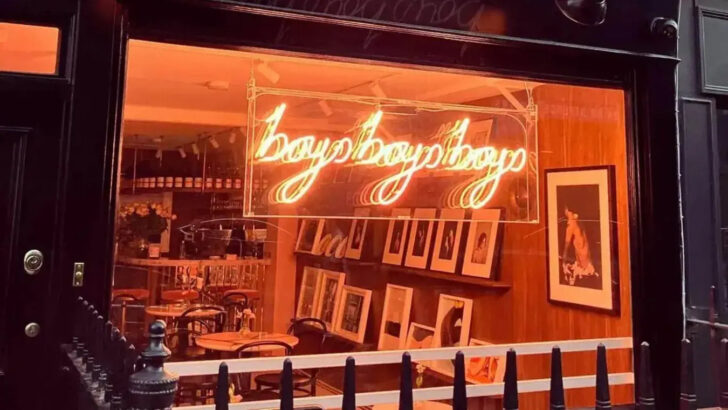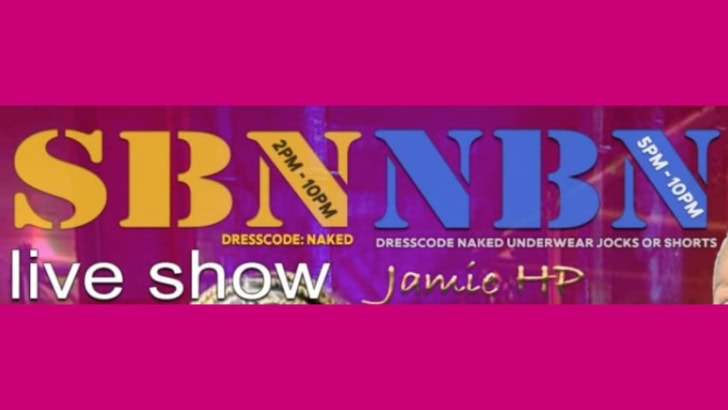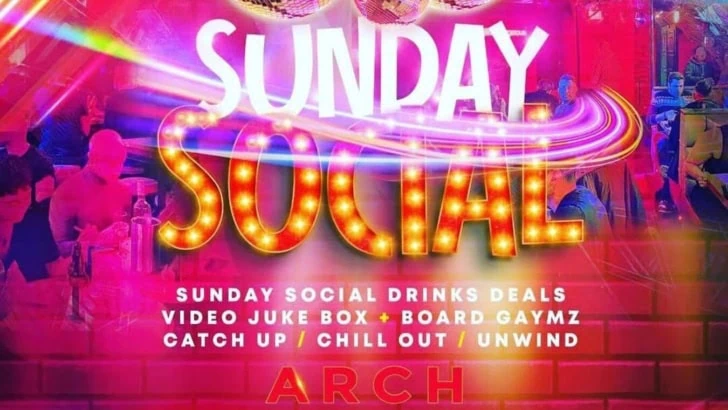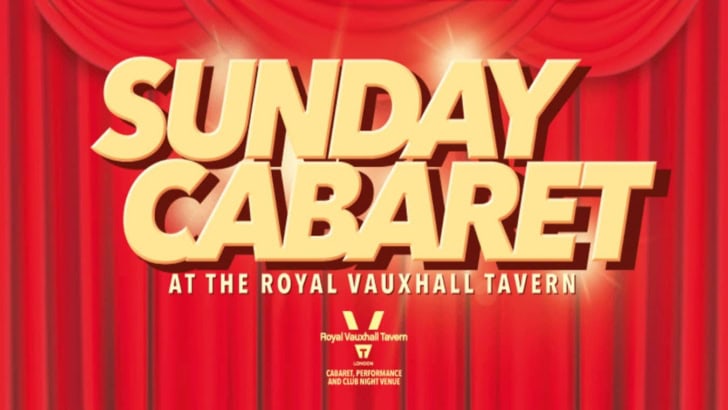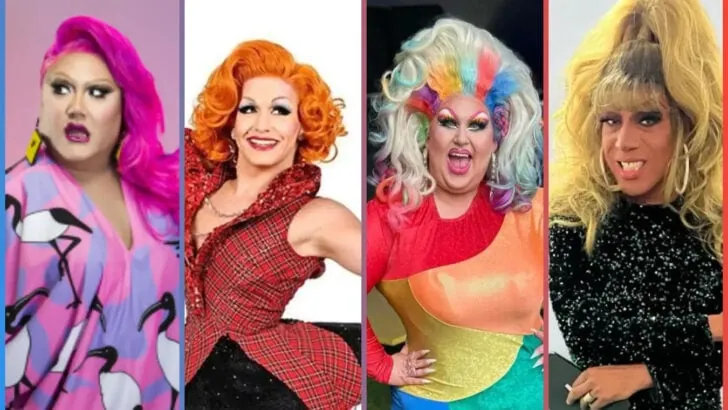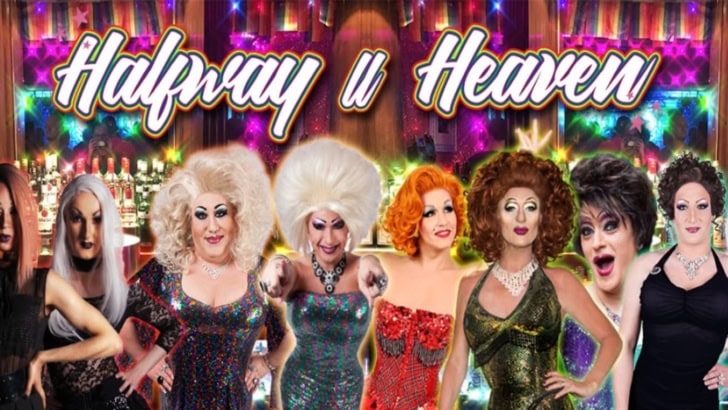Hysteria: A History of Human Sexuality sold out at Brighton Fringe earlier this summer and was an equally phenomenal success at Edinburgh and Camden Fringe festivals. The show is now at Lambeth Fringe on 20 & 21 October.
QX spoke to Sierra Callaghan about the inspiration behind the show, their appreciation of comedy, a career in teaching, and their favourite historical sex facts. So if you missed the show earlier this year, now is your chance to meet Callaghans Questions and see the show incase you missed it earlier this year.
What was your inspiration for Hysteria?
I was a science teacher for a decade, and a consistently shocking aspect of that job was parents who were not equipped to educate their children on their bodies, just in terms of general health, not even in a safe sex context.
They were constantly making the call to take their children out of reproductive and relationship health classes. I’m talking parents who were not literate, could not tell you what the curriculum actually was, didn’t prepare their daughters for their first menstrual cycle in the slightest (leading to more than one kid melting down with me, sure they were dying) who more than anything did not want their children learning about consent in any capacity because that might lead them to realise they are in an abusive dynamic with their families, communities and god.
Hysteria is my love letter to everyone who has been failed by their caregivers in that way; it’s meant to make the information accessible, fun and non-taboo. It’s giving permission to laugh at how silly we have been and continue to be, while also delivering scientifically and historically accurate information. I think that access to correct information, especially about our bodies, is an immutable human right, and why not be entertaining at the same time?
How do you balance the comedy with the more educational/serious elements?
Information, especially about the bodies and world we live in, is inherently interesting and entertaining on its own merit, so it’s less a balance and more an understanding of tension, reverence and tone shift.
I think we can, and should, joke about most things because comedy, when done well, is an equaliser, especially how ridiculous we are as a species with our misinformed, puritanical, deeply patriarchal views towards sex, gender and sexuality. But also, people, women and queer people in particular, fought, died and bled for the rights we have now, and that sacrifice deserves a moment of appropriate solemnity.
Callaghans Questions is a big hit on TikTok. What impact has that had on your career?
Prior to TikTok, I didn’t really have a social media presence. I wasn’t against it or anything like that, though admittedly I am a slightly antiquated person (as more than just an on-stage bit). I just didn’t feel I had much to offer. But when I gained 100,000 followers in a matter of months and had an email inbox with thousands of questions (sorry to everyone I haven’t responded to, it was impossible to keep up with as 1 person, especially after lockdown ended) I realised for the first time that I had a skill set that was useful enough to be in demand. I had never thought of my ability to retain information and recall things quickly as a valuable skill before.
That realisation helped me to leave a job that was destroying my mental and physical health and start taking my work as a writer, producer and performer more seriously. I got my position as the Executive Producer and Head Writer at BAFTA award winning independent film company Gothic Manor which led to me acting in more projects and going to more film events, which is how I met my gorgeous producer Ray and started to collaborate with Panad.
None of my fringe work would have been (or would be) possible without Ray, they have been just a powerhouse of excellence and having someone so incredible believe in what I am doing forces me to realise it is worth doing and makes me a better performer.
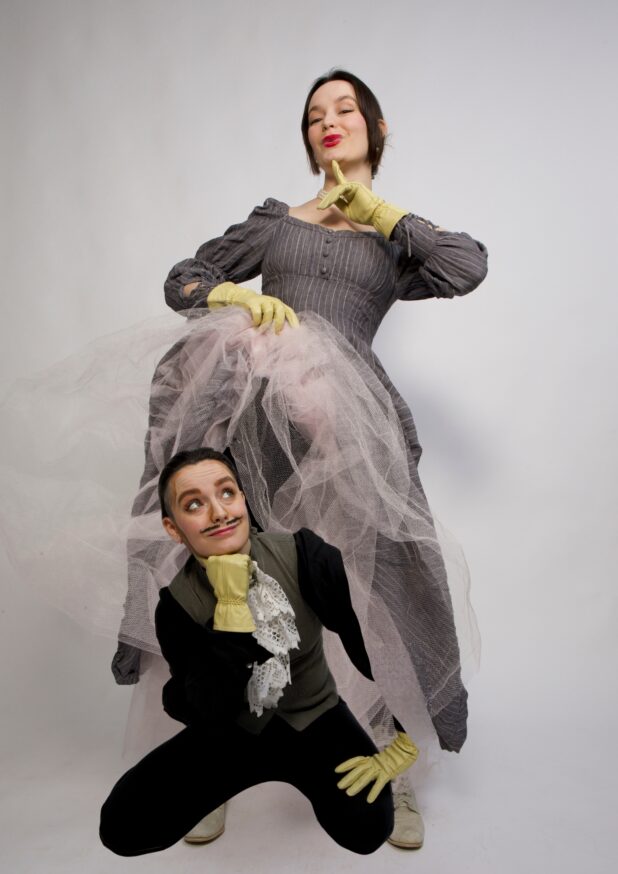
Is there a particular question or topic that your students have asked about the most?
Normalcy. Every young person is convinced they are a little freak who is moments away from being found out. It’s a combination of anxiety manifesting into self-obsession, abundance of access to misinformation and algorithms designed to peddle insecurities (and hatred, self-directed or otherwise).
I consistently get questions asking if x y z thing is normal, and 90% of the time, it is totally developmentally appropriate or a byproduct of pubescence. Every now and again, it’s something to be concerned about, and that’s ok; we all have the right to ask for the right kind of help when we need it, and identifying the issue is step one.
Every young person is convinced they are a little freak who is moments away from being found out.
I think the beauty of humanity is that none of us has ever had a truly unique experience; we have a lot more common ground than we get otherwise hoodwinked into believing.
The other consistency is an absolute craving for a deeper understanding of how the world works, why it’s all so unfair and messed up, and as someone with multiple subject specialisms, this is perhaps my area of expertise. Science, maths, languages, the arts, none of them are as distinctly separate as we like to think. They inevitably bleed into and inform one another, and understanding how history has led to modern practices gives us power over which traditions are worth keeping and which must be overhauled if we are to progress towards a more just, equitable and worthwhile society.
I refuse to capitulate to unkindness
Young people want the world to be a better place, but a lot of them are being failed by the adults in their lives and suckered into echo chambers and belief systems that actively discourage critical thinking while fuelling their sense of shame and division. I think a large part of my appeal is that I refuse to capitulate to unkindness; knowing things, seeing how intertwined everything is and sharing that insight motivates me to be and do better.
You also perform as a Drag King; is that part of the show, and how did you get into that?
Yes. Without giving too much away, I do perform in full drag as The Duke for half of the show, a real favourite character of mine. Drag has always been a big part of my life, though perhaps not with the same deliberation that it is now. I used to wear costumes (think 1920s flapper and a very early version of The Duke, complete with tails, all very camp) and 3-piece suits to secondary school/uni. I had a large friend group that referred to me as an honorary gentleman, which I took quite seriously, particularly the gallantry and pageantry of it all. Holding open doors, taking my hat off inside, kissing knuckles while calling everyone darling.
One of my favourite ever roles to date was The Mad Hatter in a musical adaptation of Alice in Wonderland; that little weirdo was peak gender expression for me.
However, I also grew up in a small town in rural Canada with a clear undertone of violence. I mean, the first time I heard the word ‘lesbian’ it was in the context of a murder suicide between two girls about my age, and that terrified me, even if I didn’t have the vocabulary to know exactly why yet. So I was sort of the ultimate ally, a champion of decency and chivalry while simultaneously keeping my cards very close to my chest. There were aspects of my identity that would have put me in serious danger, but because I was leaning into it all being an act, this sort of larger-than-life version of myself, I got away with it.
I really refined my drag act during the Soho Theatre Cabaret and Drag Lab, and I now work quite regularly as a drag king. I’m much more comfortable in my gender ambiguity now than ever before.
You say it’ll appeal particularly to queer audiences; can you tell us a bit more about that?
The show focuses quite a lot on the history of queer men, lesbians, how gender constructs have changed over time, and the fact that queer people have always existed. Honestly, I could do a show on just queer history that could easily be over 5 hours long, just with what I know off the top of my head, so condensing it for the sake of the narrative in the show was quite a challenge.
There is also a particular highlight on trans people, who have always existed and who have been a key facet of not just human society but human evolution (like literally our evolution into modern Homo sapiens is contingent on the existence of queer people). I felt, given the current political climate, the trans community deserved a moment to shine, to be respected and to hopefully encourage audiences to either be better allies or leave knowing more than they did before. I think ignorance is a huge motivator behind a lot of people’s worst behaviours, and I am more than happy to bean educator and sounding board for people to cure their lack of information. Also, we pretty unsubtly call out some bigots in some pretty funny ways.
Favourite historical sex fact?
I really struggled to pick just one, but I don’t think many people know about this, so in the theme of the show, I’ll giveone science sex fact and one history one.
Science:
The gay uncle hypothesis of evolution. To prevent infighting and assure group cohesion, gay men in particular have been a very important part of human evolution. They remove themselves as competition for the heterosexual males in a group while being inherently motivated to feed, raise and protect their siblings’ offspring. This is because their siblings’ reproductive success, particularly their sisters’, is how they inadvertently pass on their own genes.
History:
Elagabalus (reigned 218–222 CE) was a Roman emperor known for their wild and gender-nonconforming behaviour. Assigned male at birth, they reportedly preferred to be called a lady, offered large sums of money to any physician who could perform gender-affirming surgery, and often referred to themselves as a “bride”.
Elagabalus allegedly had a sex room outfitted with a mechanical contraption designed so they could be “penetrated” by their lovers without the need for the partner to do anything. So, an ancient Roman hands-free pegging device.
This came from ancient historian Cassius Dio (who probably exaggerated a lot), but the story’s been passed around for centuries — and while it’s impossible to fully verify, it paints a hilariously vivid picture of just how inventive and uninhibited humans have always been in the pursuit of pleasure.
What do you hope audiences will take away from the show? What can audiences expect from it?
You will laugh, you will learn, you will be scandalised by both the facts and the performer. The best bit of audience feedback we got during Brighton was, ‘everything that needs to be said, but said hilariously’.
Hysteria: A History of Human Sexuality with Callaghans Questions is at Lambeth Fringe, Bread & Roses Theatre, on Monday 20 & Tuesday 21 October 2025.
Social media:
Callaghans Questions Tik Tok: https://www.tiktok.com/@callaghansquestions
Callaghans Questions Instagram: https://www.instagram.com/callaghansquestions
Panad Instagram: http://instagram.com/panadproductions
Panad Twitter: https://x.com/PanadTweets
“Everything that needs to be said… but said hilariously.”
Wombshine – Brighton Fringe Sell Out Show 2025
This interview first appeared in qxmagazine on July 11, 2025.
